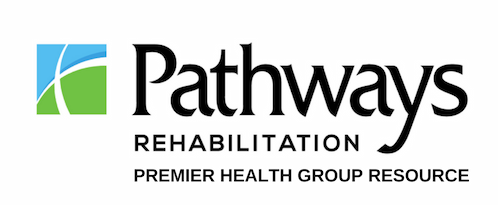The use of outpatient addiction treatment programs is on the rise. These treatment programs allow addicts to go to drug treatment facility for a set period of time without having to make a long-term commitment. Most of these programs also include outpatient sessions with an outside medical professional like a doctor, psychiatrist or nurse. If an addict decides to make a full commitment, he can take part in a program that will involve both hospitalization and recovery. Inpatient drug treatment programs are very common because many people feel that these types of programs are more appropriate for those who need it the most.

The advantages of outpatient rehab include more personal attention and care. Those who attend the program generally stay at the center for longer periods of time. Since they do not have to commit to a long-term treatment plan, they do not have to worry about being overwhelmed by the amount of care required in a long term rehab program. They are usually able to return home with a minimal amount of time off from work or other activities. The biggest advantage of outpatient rehab programs is that they tend to be much cheaper than a longer term rehab program.
Because most outpatient rehab programs are non-medical, there is less interference with an addict’s life. Even if the addict decides to take a break from the program for any reason, the medical staff is not involved in the decision making process. If the patient decides to go back to rehab or if he feels that he needs additional help, he is able to call a non-medical staff to check on him.
Inpatient rehab programs can provide the same level of care and support for the addict, but at a much higher cost. It is important to consider the cost of the program in terms of how much the addict is willing to spend to leave the facility and how long he wants to stay away. For those who have been abusing drugs for some time and have not been able to stop, it can be risky to try to leave for a short period of time while they wait for their body to adjust. If the addict decides to leave for a prolonged time period, they may be unable to completely stop their addiction.
Some people find outpatient programs to be a bit easier to get through. Since they do not have to worry about being monitored by a health professional, they often come to the facility to talk about the program and see what they need to do to make a successful departure.
The downsides to outpatient programs include the fact that they often cost more money than programs that require long term commitment. For some people, outpatient programs are not suitable because they do not offer the same support they would receive in a long-term treatment program. If someone does not have a long-term plan for leaving a drug abuse program, they may end up staying longer than they planned. Another drawback to outpatient programs is that many do not provide the same support for relapse prevention as long term programs.
